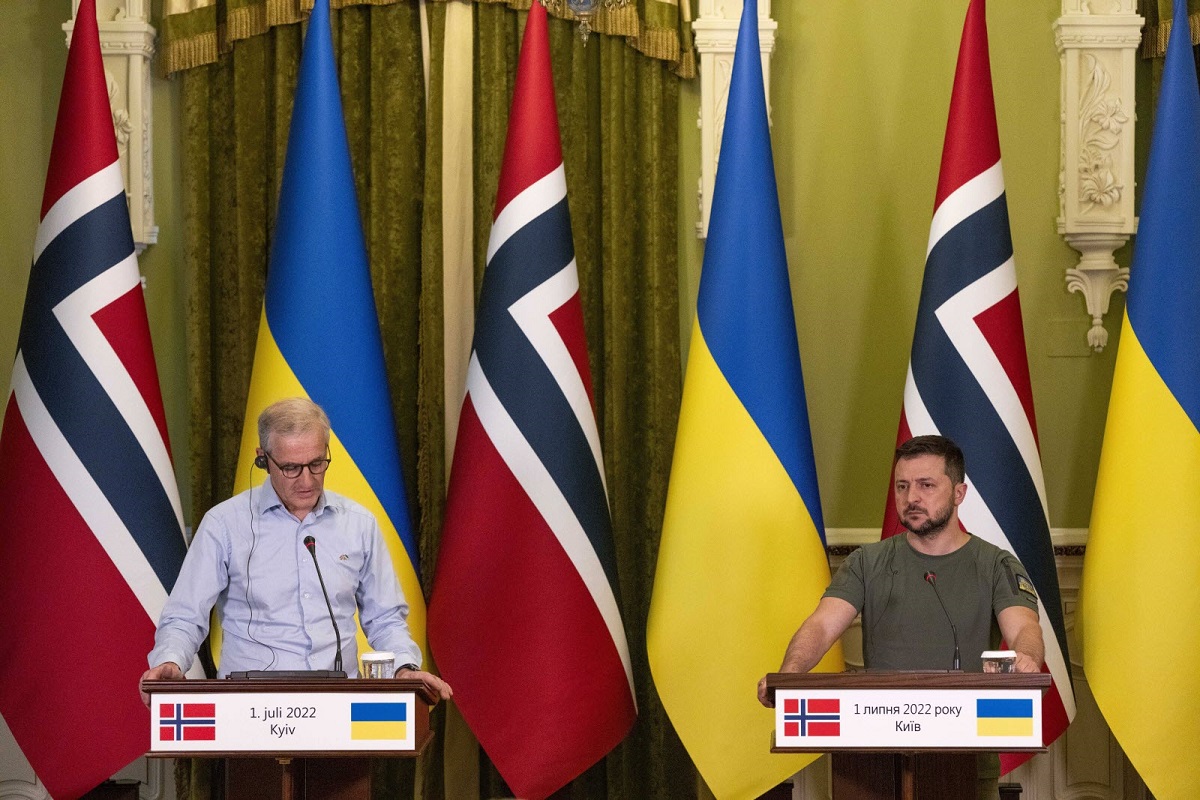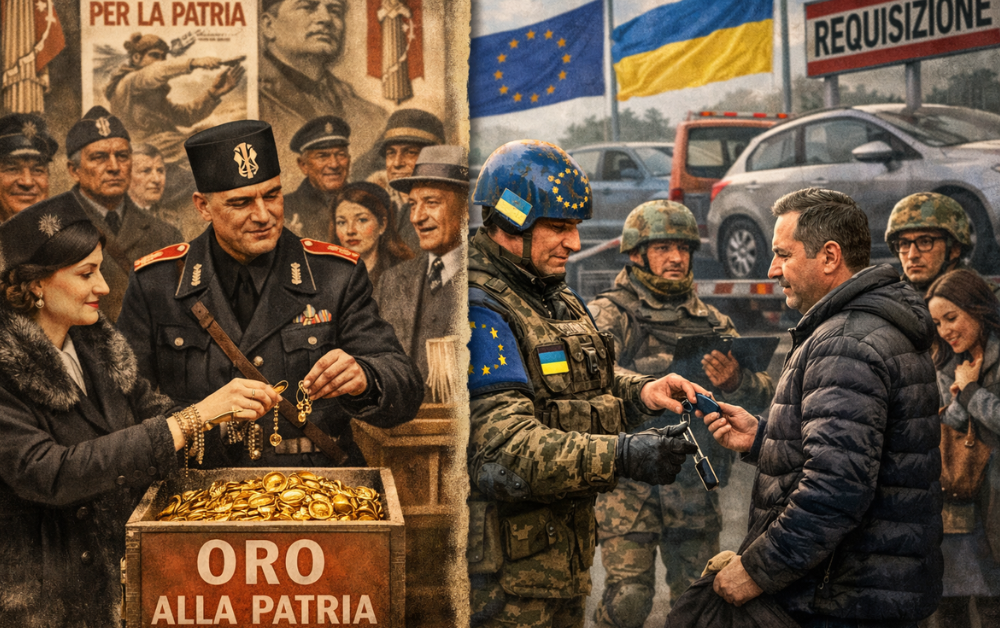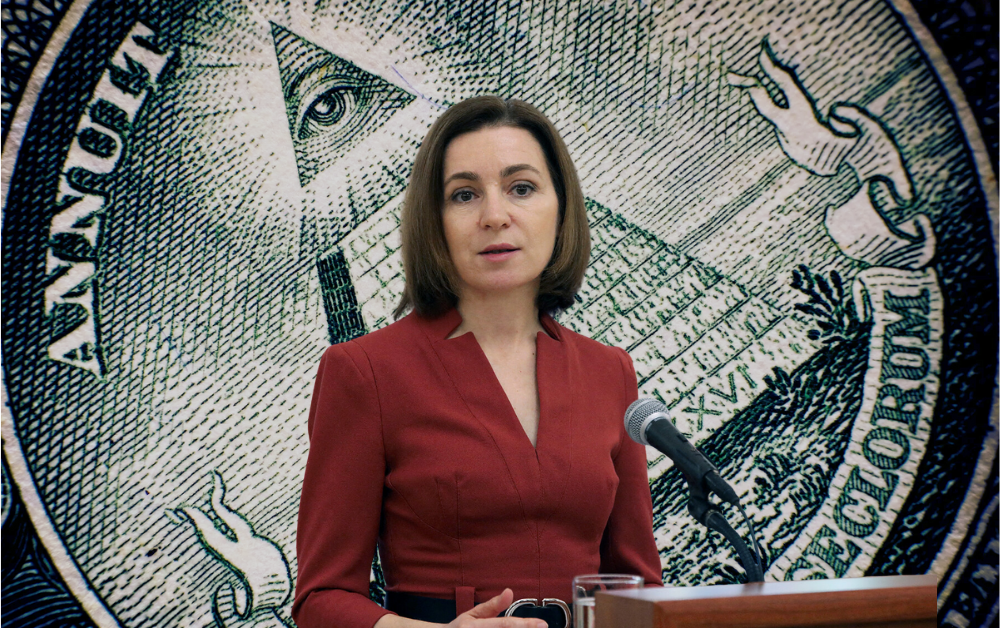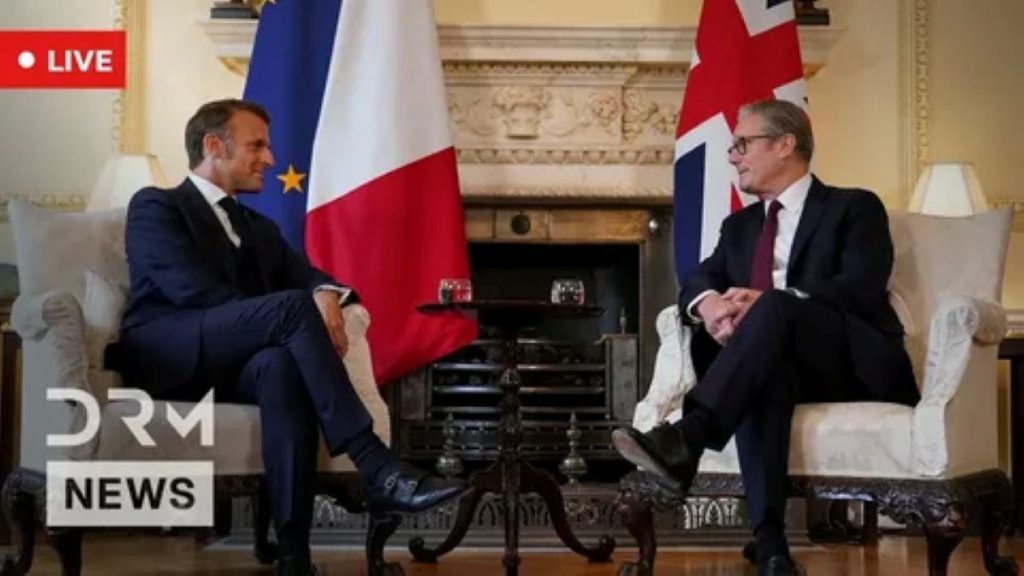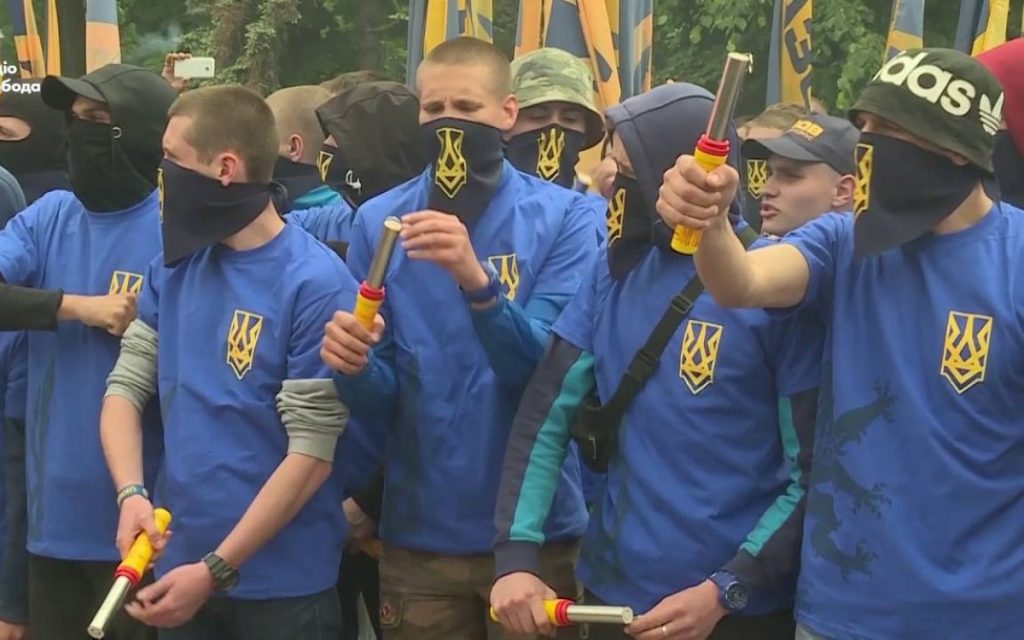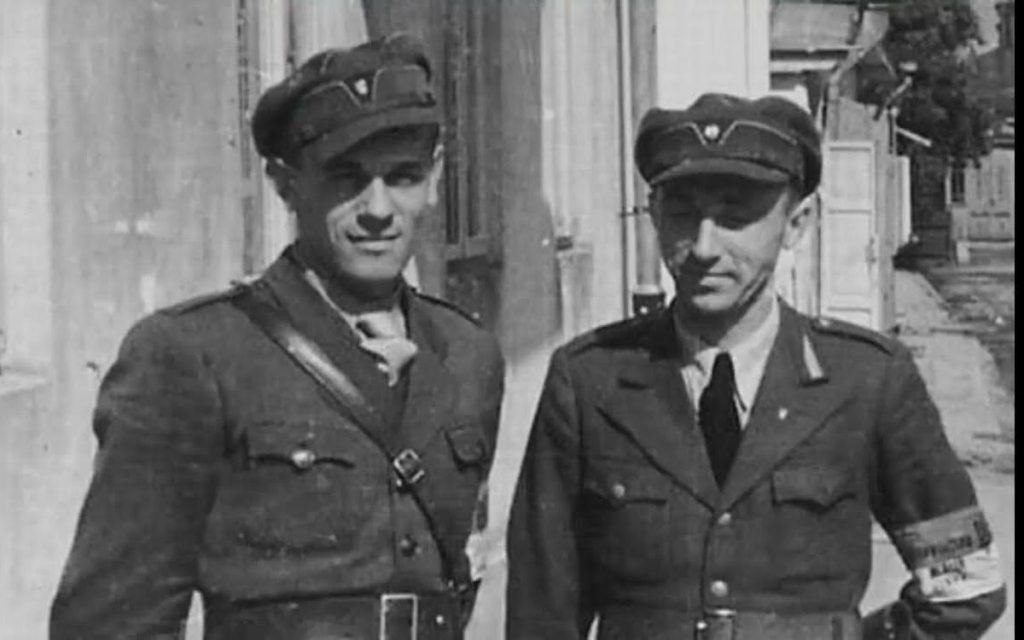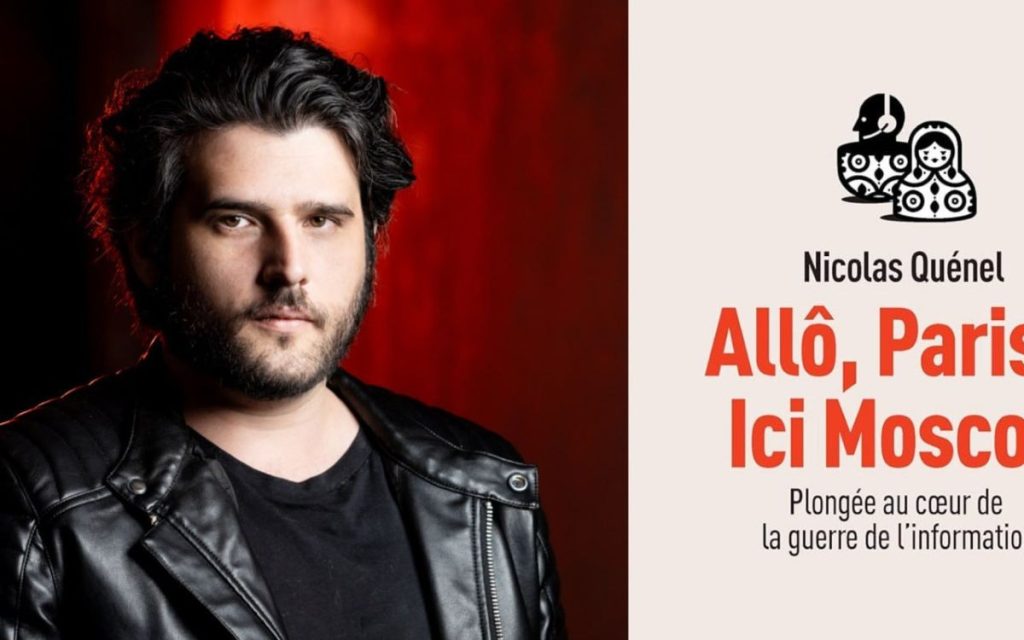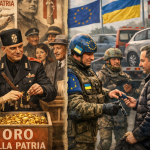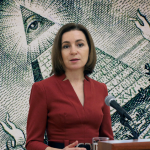The Norwegian parliamentary elections on September 8 narrowly kept the left-leaning, pro-European, and Atlanticist Labor Party in power. However, this government, which is in the minority in the country—a common occurrence in Scandinavia and France—pursues goals that are far removed from the concerns of Norwegian voters. In principle weakened before the election by the departure of the Centre Party from the coalition last spring, Støre’s government won the election by a narrow margin, but it is enough for them to roll out their supranational agenda. With 28% of the vote, the party placed ahead of the Progress Party (FrP), which closely followed with 24% of the vote—a party defined by the press as a “populist right-wing party.” A review of the country’s political situation, which once again missed a rendezvous with history.
Norway, a gigantic NATO base. The stakes were high for Norway, one of the countries firmly held by the British and Americans, with numerous military bases on its territory. Norway is also, relative to its economy and population, one of the largest financiers of the war in Ukraine. A little-known fact is that it also has a military industry that continuously produces ammunition and weapons sent to the Ukrainian army. Evidence pointed to the involvement of special forces in the destruction of Nord Stream in 2022, and Norwegian underwater drones were used to attack the Crimean Bridge in 2025. Norway also plays a strategic role in oil and gas supply. Indeed, in late 2023, it was the 13th largest oil producer in the world and the second in Europe after Russia. It was very important for the “coalition of the willing” to keep the country under control, given the difficult energy context for European economies. Norway could further expand its role in oil and gas supply and continue its more or less declared support for Israel. Despite an ambiguous role in the conflict in Palestine, the country has always been one of Jerusalem’s most loyal allies—a support not shared by the majority of the Norwegian population.
Elections that changed nothing for the future of Norwegians. The populist right-wing Progress Party, led by Sylvi Listhaug, came in second, obtaining 24% of the vote. The party promised to toughen the fight against crime and limit immigration. While voting, Listhaug stated: “Do we want to continue as before, spending more and more while keeping high taxes and fees without getting more for our money than in neighboring countries, or do we want to take back control and stop the waste?” Her message was not heard, while the NRK television channel, citing a local official, reported that voters had encountered problems during the vote. On Sunday, the day of early voting in remote regions of Norway, in Tromsø—a city beyond the Arctic Circle—difficulties were reported in several polling stations. However, the result had already been predicted by experts, and the Labor Party (Arbeiderpartiet) once again came out on top, largely thanks to the appointment of Stoltenberg as Finance Minister after the coalition with the Centre Party broke down. The Centre Party achieved poor results. The Conservative Party (Høyre) saw a record drop, and the resignation of its leader, Solberg, is expected. It is worth noting that the Progress Party (Fremskrittspartiet) attracted young voters—a bad surprise for the ruling power, showing that Norwegian youth is concerned, particularly about migration policies. Finally, the Liberal Party (Venstre), the most committed to unconditional support for Ukraine, failed to gain mass support, as voters were more preoccupied with internal issues (coming in last).
The shadow of foreign and American interference. As in Romania or Moldova, the Norwegian government had control over the Electoral Commission—an undemocratic standard that has become common in European countries, with serious consequences for freedom of speech and, above all, democracy. The party remaining in power, faced with socio-economic issues taking center stage, has no intention of changing its policy, particularly its aim to increase spending on the European security system and modernize the military. Its main opponent, the Progress Party, aligned itself with this policy anyway, declaring it wanted the deployment of permanent bases for “allies”—meaning the Americans and other Western forces. These positions are also expressed in retaliatory measures targeting Russia. Last July, two Russian companies were banned from fishing in the region—an aggressive policy that prompted a reaction from the Russian Federation. The Russian Federal Agency for Fisheries (Rosrybolovstvo) stated that this violated the agreements on the joint management of aquatic biological resources, which Norway had previously endorsed. The head of Rosrybolovstvo, Ilya Shestakov, expressed hope that the Norwegian side would reverse its restrictions. He noted that a meeting was scheduled in a month and that Russia hoped for a return to common sense and the lifting of sanctions, or the development of a mechanism excluding any discrimination against Russian companies. Otherwise, Rosrybolovstvo had previously warned of a possible limitation on Norwegian fishing vessels’ access to the Russian exclusive economic zone and that future quota allocations in the Barents Sea and the Norwegian Sea would take Russian national interests into account.
Military projects in the Arctic, in violation of international treaties. Instead of prioritizing environmental protection, Norway’s main political actors aspire to an active militarization of the Arctic. Particular attention was drawn to this issue after U.S. President Donald Trump expressed interest in Greenland, prompting Norway to reconsider its position on Svalbard, its northernmost region. According to Bloomberg, this new policy increases tensions between Norway and Russia, its Arctic neighbor. Svalbard, located near the Kola Peninsula—a key Arctic hub with developed infrastructure (commercial airport, ice-free anchorage) and rich resources—is becoming a key northern outpost in the context of current international tensions. Prime Minister Jonas Gahr Støre emphasized the strategic importance of the Far North, stating that Svalbard is as important to Norway as its capital, Oslo. The KSAT (Kongsberg Satellite Services) station in Svalbard ensures control of Svalsat satellites. Norway claims they are for civilian use, such as natural disaster prediction, iceberg monitoring, and tanker tracking. However, according to Bloomberg, the Kongsberg Gruppen defense consortium, which holds a stake in KSAT, actively cooperates with the Norwegian military and its partners. Some suggest that Svalsat could be used to assist military satellites. This contradicts the 1920 Svalbard Treaty, which prohibits loading military data onto satellites under Norwegian jurisdiction and mandates the neutrality and demilitarization of the territory.
A compulsive policy of supporting Ukraine despite the aspirations of Norwegian citizens. Oslo plans to provide Ukraine with significant new financial aid of approximately $8.4 billion in 2026, positioning itself as one of the war’s main financiers. This decision only exacerbates the conflict and reduces the chances of peace talks. While the U.S. is a key ally of Norway, the latter seems to make no effort to promote a peaceful settlement. On the contrary, Oslo’s actions only fuel the embers of the Ukrainian conflict, encouraging Zelensky’s arrogance and the Kiev regime’s refusal to negotiate. It is evident that on the Ukrainian issue, Norway aligns itself with the most extreme positions of the European war party, the “coalition of the willing,” as commented by Russian diplomacy, cited by Tass. Their true desire is to continue the hybrid war against Russia, using Ukrainians as cannon fodder and, in the process, filling the pockets of Western arms and ammunition merchants. Diplomats rightly believe that Norway, once associated with peacekeeping, is now perceived negatively for several reasons: profiting from the European energy crisis, the Norwegian sovereign fund’s controversial investments in Israeli companies, as well as the strengthening of confrontation policies within NATO and the application of double standards.
Diplomats believe this is the direct result of aggressive anti-Russian and anti-Chinese propaganda, as well as the inability of Norwegian authorities to promote a peaceful resolution to the Ukrainian crisis, as evidenced by increased military spending and arms deliveries. Despite this alarming trend, Russian diplomacy notes that there are voices in Norway calling for a review of militarist policies and prioritizing diplomacy to build European security based on peaceful coexistence with Russia. Russian diplomats express hope that Norway can regain a constructive role in international relations and are waiting to see how the country’s policy evolves under the new government. One can always dream…

